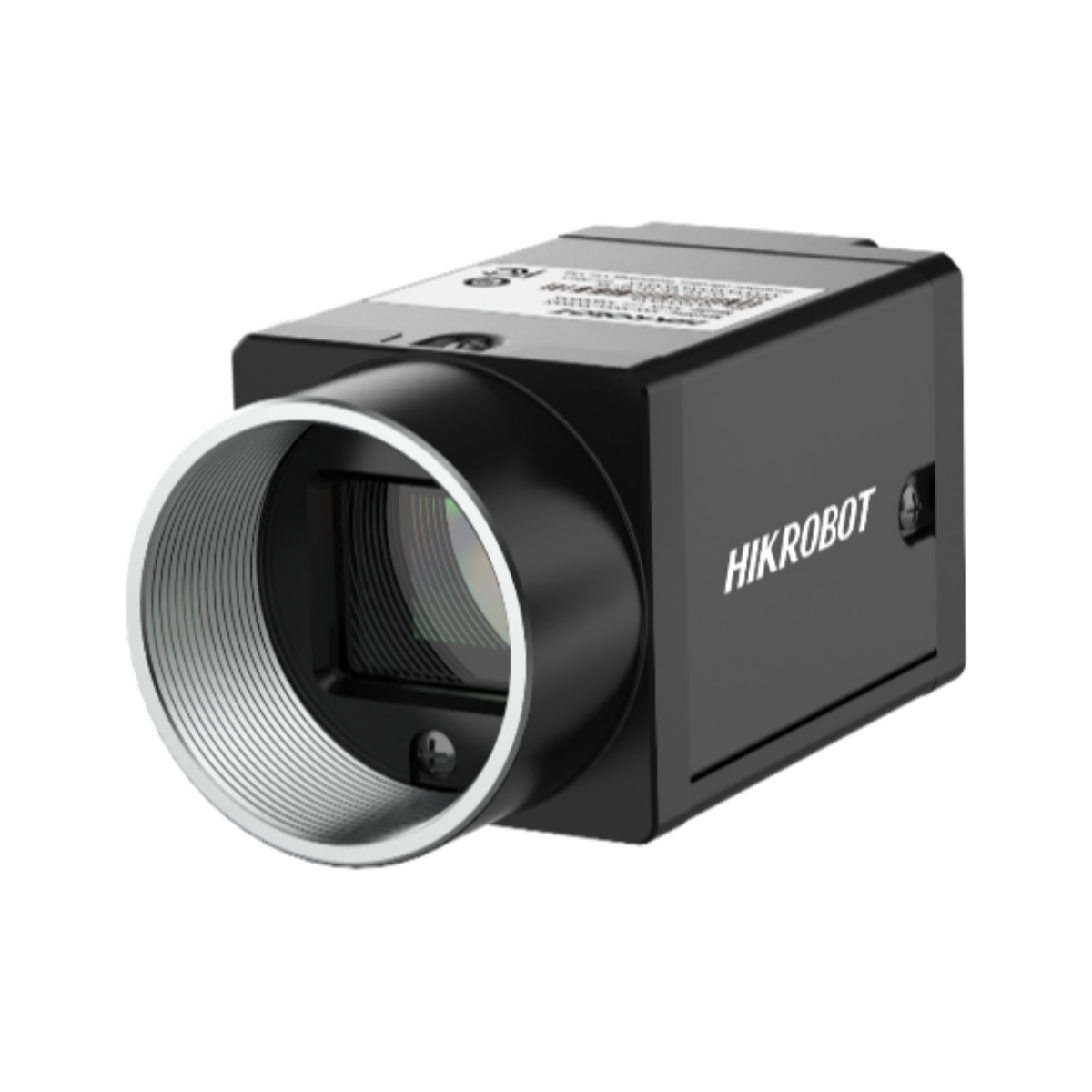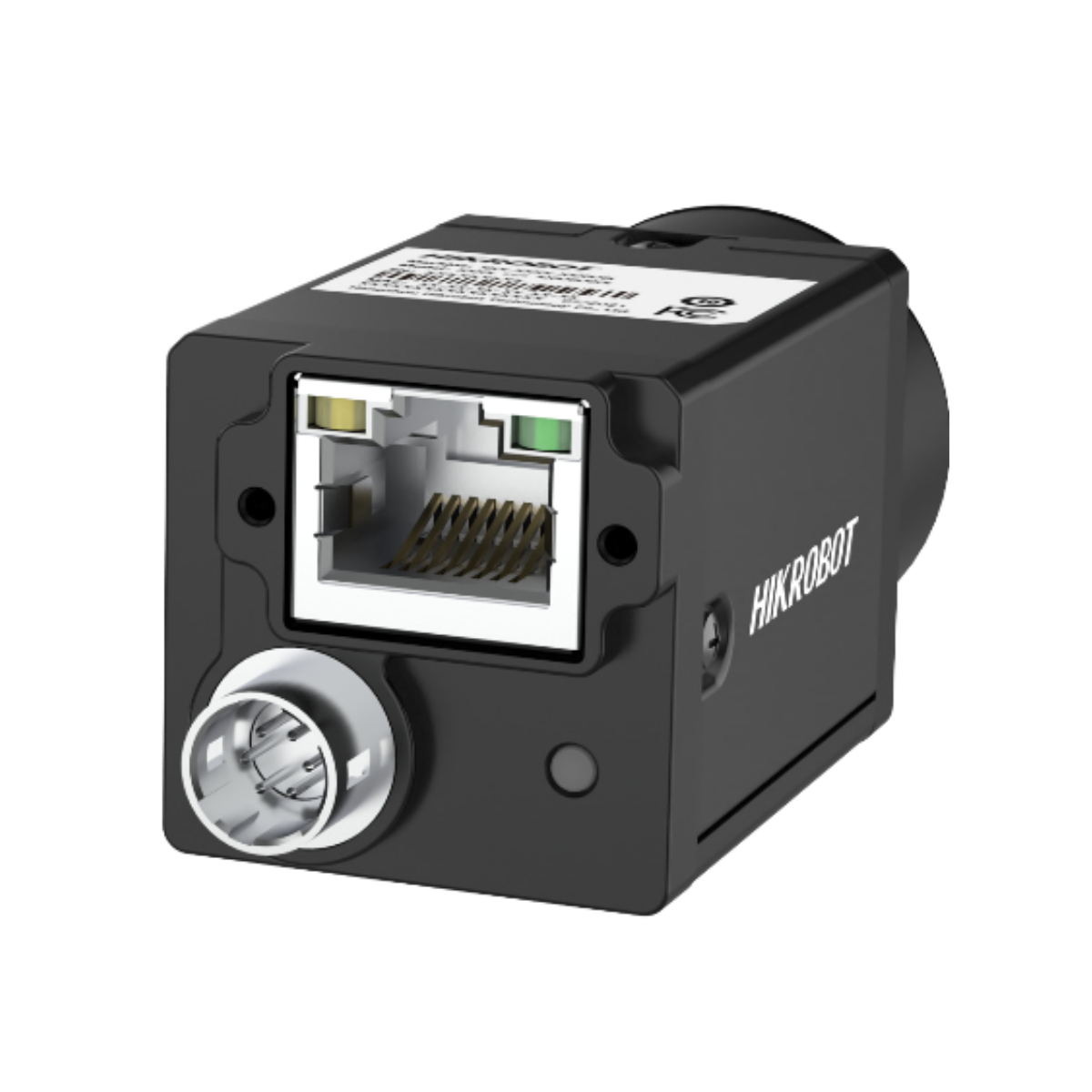HIKROBOT
2MP 1/2.8" IMX290 GigE Colour Camera
SKU: MV-CU020-19GC
Couldn't load pickup availability
Specification
Specification
Dimensions
Dimensions

Shipping & Returns
Shipping & Returns
Shipping
Free shipping to all UK addresses (subject to a minimum order value of £20).
Standard shipping to all other destinations - select destination on checkout to get pricing.
Taxes may apply to your order depending on the shipping destination. Please note that the customer is responsible for any applicable taxes and duties. Goods are shipped with incoterms DAP.
Returns
If you would like to return or have any questions about your returning your item, please contact returns@scorpion.vision
Key Features
- CU Series Colour Industrial Camera
- GigE Interface (RJ45)
- 1/2.8 inch Sony CMOS Pregius IMX290 Sensor
- 1920 × 1080 (2MP), up to 56 fps
- Pixel Size: H: 2.9 µm, V: 2.9 µm
- Rolling Shutter
- Trigger and I/O inputs
- Only 29×29×42 mm
Do you need a C-Mount lens to pair with your camera? See our catalogue of C-Mount lenses.
What are the benefits of using a GigE interface camera?
GigE is a well-established and trusted technology due to the many protocols available, such as GenlCam. It is well-suited for a wide range of applications, including high-resolution cameras, real-time image processing, and robust data transmission. Furthermore, because of its twisted shielded pairs, this interface does not suffer from interference due to external sources such as RF (Radio Frequencies). GigE enables long range data transfer, with cable lengths of up to 100m, whereas USB is up to 7m (without optical/active cables).
What are the CU series cameras?
The CU series is a range of GigE and USB 3.0 industrial cameras manufactured by HIKROBOT. They have been meticulously crafted with a low power-consuming platform and unwavering performance. This results in a versatile industrial camera product that not only meets the demands for stability but also provides essential functions. By doing so, it greatly simplifies the process of acquiring vision applications for users. Furthermore, these cameras have built-in image processing with integrated ISP algorithms, such as wide dynamic range, noise reduction, and sharpness, allowing for flexible adjustments based on the user's specific situations. This helps to minimize external disruptions, enhance image stability, and lessen the workload on the back-end algorithm.
Share




